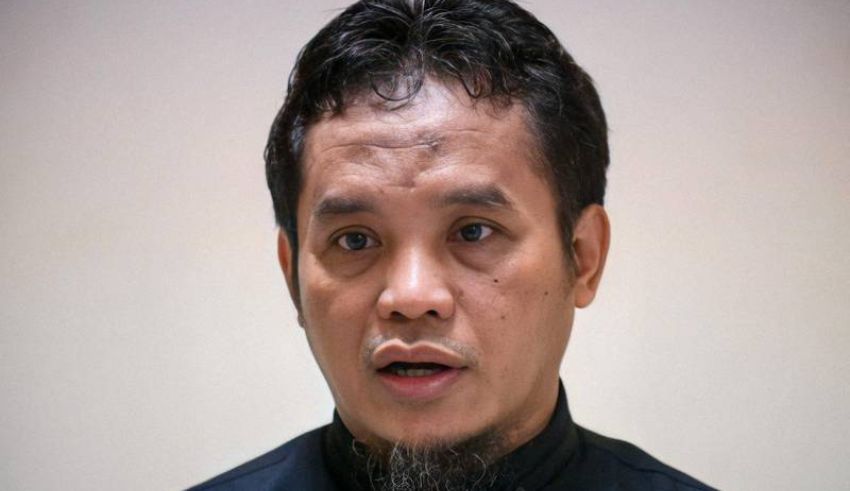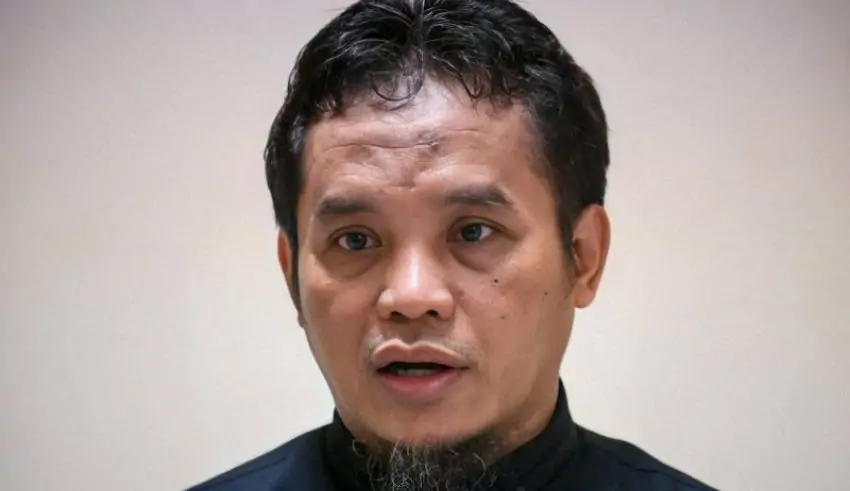

(C) The National
Ali Imron, also known as Ali Ghufron, is one of the convicted perpetrators of the 2002 Bali bombings, which killed 202 people and injured more than 200 others in Indonesia’s popular tourist island. The bombings, which targeted two nightclubs and the US consulate, were carried out by Jemaah Islamiyah (JI), a militant Islamist group linked to al-Qaeda, which aimed to establish an Islamic state in Southeast Asia.
Imron, who was the youngest brother of the two masterminds of the bombings, Mukhlas and Amrozi, was sentenced to life imprisonment in 2003, after he confessed to his role in the attacks and expressed remorse for his actions. He was the only one of the 33 convicted bombers who did not receive the death penalty, due to his cooperation with the authorities and his repentance.
Imron, who is now 50 years old, has since renounced violence and extremism, and has become a vocal advocate for peace and deradicalization. He has participated in various programs and initiatives to counter the ideology and influence of JI and other terrorist groups, and to prevent and rehabilitate other militants and extremists. He has also written books and articles, and given interviews and lectures, to share his experience and insights, and to warn others of the dangers and consequences of terrorism.
In January 2024, Imron submitted a letter to the Indonesian President Joko Widodo, requesting a pardon and a release from prison, on humanitarian and medical grounds. Imron said that he was suffering from various health problems, such as diabetes, hypertension, and kidney stones, and that he needed better treatment and care. He also said that he was tired and exhausted from his long incarceration, and that he wanted to spend his remaining years with his family and friends.
Imron also said that he had fulfilled his obligations and duties as a prisoner, and that he had shown his sincerity and commitment to reform and change.
He said that he had cooperated with the authorities and the courts, and that he had helped the police and the intelligence agencies in their investigations and operations. He also said that he had contributed to the society and the nation, and that he had supported the government and the security forces in their efforts to combat terrorism and extremism.
Imron also said that he had a vision and a plan to continue his work and mission for peace and deradicalization, if he was granted a pardon and a release. He said that he wanted to establish and lead a foundation that would provide education and assistance to former and potential terrorists and extremists, and that would promote dialogue and cooperation among different religious and ethnic groups.
He also said that he wanted to travel and network with other peacemakers and activists, both in Indonesia and abroad, and that he wanted to learn and exchange best practices and experiences.
The request of Imron for a pardon and a release has sparked mixed and varied reactions and responses from the government and the public, both in Indonesia and abroad. Some of the reactions and responses include:
Turkish music lovers and the whole entertainment world on Sunday night were put in shock by the unexpected passing of…
The Senior Asian Wrestling Championship 2025 held in Amman closed with an exhilarating finale for India. The freestyle wrestling contingent…
Having been aired in Japan, the second season of Shangri-La Frontier has just been completed, and people are already hashtagging…
OpenAI updated ChatGPT-4o to include its best text-to-image tools so free users can generate Studio Ghibli artwork by giving basic…
The stepping down of Piyush Gupta from the post of CEO of DBS Bank came after 15 years of leading…
The Delhi Directorate of Education releases 2025-26 marks for year-end tests in school levels 6 through 11. Online test data…
This website uses cookies.
Read More